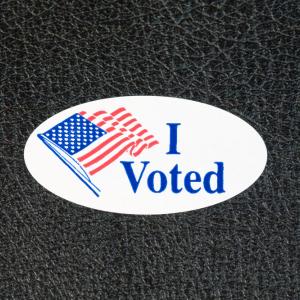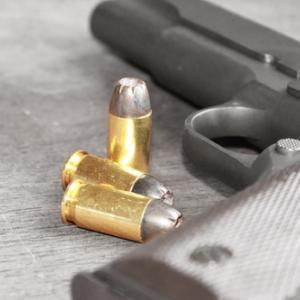
Rev. Dr. Harold Dean "Doc" Trulear is an ordained American Baptist minister and serves as Associate Professor of Applied Theology at Howard University, where he is also immediate past president of the Gamma of DC chapter of Phi Beta Kappa. He is also Director of the Healing Communities Prison Ministry and Prisoner Reentry Project of the Philadelphia Leadership Foundation. Designed by the Annie E. Casey Foundation, Healing Communities has been implemented in over 25 sites nationally, in partnership with such organizations as the Progressive National Baptist Convention, The General Board of Church and Society of the United Methodist Church and the D-Free Ministry. Dr. Trulear is on the pastoral staff of Praise and Glory Tabernacle in Southwest Philadelphia, and also serves as a Fellow at the Center for Public Justice in Washington, D.C. He has taught religion, public policy and community studies in several institutions, including Yale University, the University of Southern California, Hartford Seminary, Eastern University, and Vanderbilt University.
Posts By This Author
What I Learned Driving People to the Polls

Image via Shotgun/Shutterstock.com
So when I returned for my sophomore year, armed with a year of conscious change and — even more important to my 18-year-old mind, a car — it was a no-brainer that in my first opportunity to vote, I would volunteer to drive people to the polls. Assigned to a poor public housing development, I ferried seniors back and forth to their polling places, amazed at the quiet dignity and determination they displayed in pressing their way to the polls. Not too proud to ask for help, they had sought rides to the polls through various community organizations who had said, “If you want to vote, we’ll get you there.”
Christians: Gun Violence is Our Issue
A well-known restorative justice film, "A Justice That Heals" recounts the role of faith and the church in caring for the families of both a murderer and his victim. The film climaxes in the mother’s act of forgiveness and counsel to the young man who killed her son. The power of that image of repentance, reconciliation, and restoration almost obscures another dimension of the grieving family's response to the death of their son. The victim's father resigns his job and becomes the director of an advocacy group for gun control.
The late Carl Dudley demonstrated in his research on mobilizing congregations that communities of faith rally to advocacy only after they have generated sufficient energy about and engagement with those affected by the policy. Congregations care about people not policy, stories over statistics, and narratives before numbers. Even the civil rights movement found its genesis in the story of Rosa Parks, and others like her, rather than in the "ethics" of segregation and discrimination. So, like the family in "A Justice That Heals," our work to mobilize around gun control requires creating a climate where people's experience with those who are victimized by bad policy.
